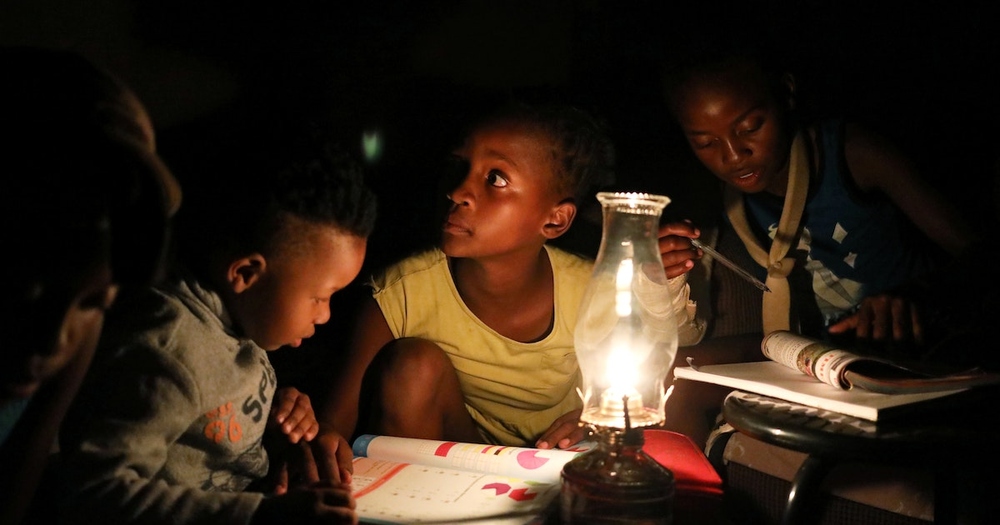New York – Saba:
A UN report revealed that over 666 million people around the world still lack access to electricity, despite nearly 92% of the planet’s population now being connected.
The report, published by the World Health Organization (WHO) and its partners on the UN News website, noted that while basic energy access has improved since 2022, the current pace remains insufficient to achieve universal access by 2030—one of the Sustainable Development Goals (SDGs).
The report confirmed that regional disparities persist, with an estimated 1.5 billion people in rural areas still lacking access to clean cooking methods. Additionally, over two billion people continue to rely on polluting and hazardous fuels, such as firewood and charcoal, for their cooking needs.
Fatih Birol, Executive Director of the International Energy Agency (IEA), stated that despite progress in some parts of the world, the expansion of electricity and clean cooking access remains disappointingly slow, particularly in Africa. Sub-Saharan Africa alone accounts for 85% of the global population without electricity access.
The report attributed the main reasons for regional disparities and slow progress to insufficient and affordable financing, noting, "While international public financial flows to developing countries for clean energy have increased since 2022, these nations received significantly less funding in 2023 compared to 2016."
The report called for enhanced international cooperation between public and private sectors to scale up financial support for developing countries, especially in Sub-Saharan Africa.

| more of (International) |




